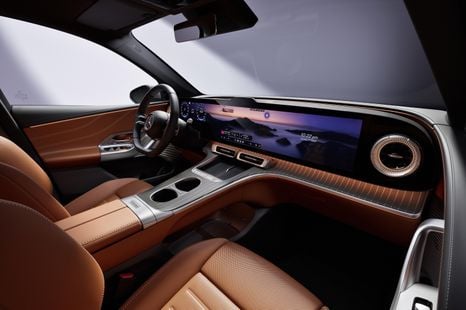

William Stopford
iPhone designer thinks touchscreens shouldn't be used for key car controls
11 Minutes Ago

News Editor
Nissan has revealed a new modular approach to developing both electric and electrified powertrains it says will cut costs.
The company has revealed two powertrain prototypes developed using the approach, which it’s calling X-in-1.
The 3-in-1 prototype, with a modular electric motor, inverter and reducer, is planned for use in EVs, while the 5-in-1 prototype is set for use in hybrid e-Power vehicles.
The latter additionally features a modular generator and increaser, while Nissan has also left the door open for other X-in-1 variants.
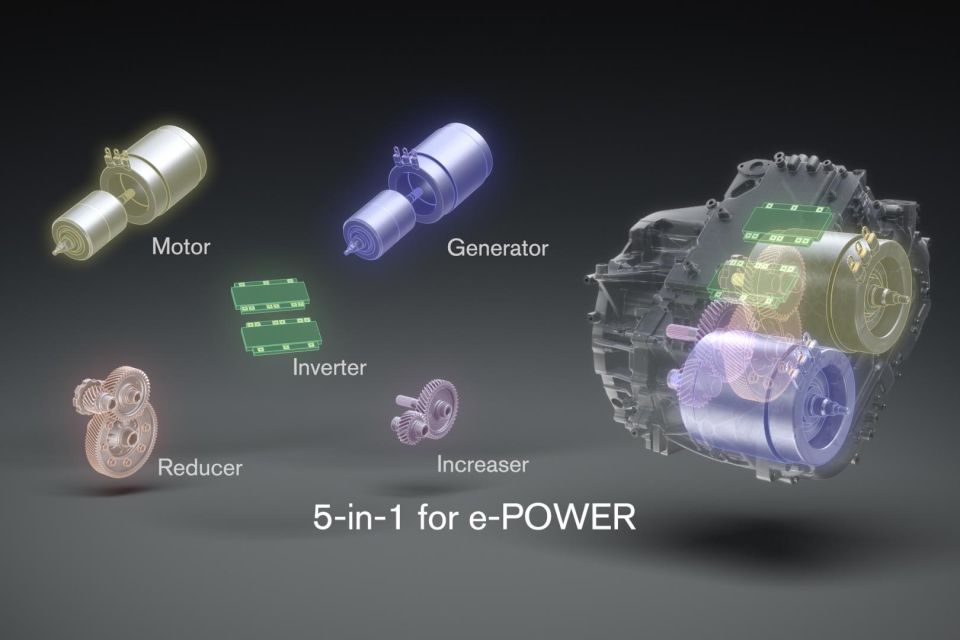
By using this modular approach, Nissan can produce components for its electric and e-Power vehicles on the same line.
Nissan says that by sharing modular components, it can reduce powertrain costs by approximately 30 per cent compared with 2019.
It also puts the company on track to achieving price parity between its combustion-powered and e-Power vehicles by “around 2026”.
Nissan also cites size and weight reductions for components, with a newly developed electric motor reducing the use of heavy rare earth elements to 1 per cent of less by weight.
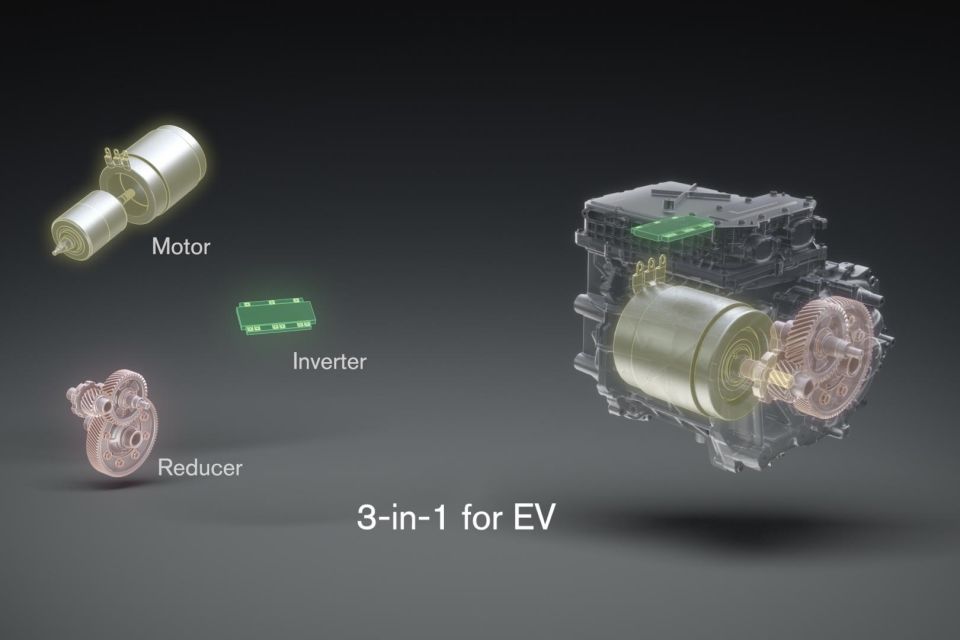
It also suggests the use of shared components “provides the enjoyable driving experience unique to Nissan EVs”.
“We make the most of our expertise and know-how from our more-than-a-decade long development and production of electrified technologies,” said senior vice president Toshihiro Hirai, who leads engineering development for powertrains and EVs at Nissan.
“Through our innovations in electrified powertrain development, we’ll continue to create new value for customers and deliver 100 per cent motor-driven vehicles – EVs and e-POWER – as widely as possible.”
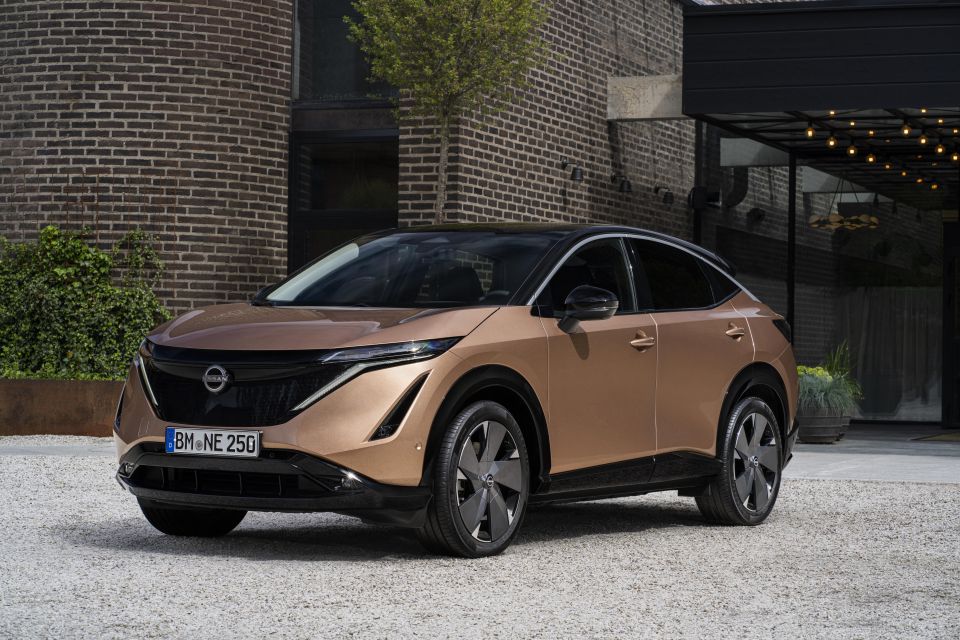
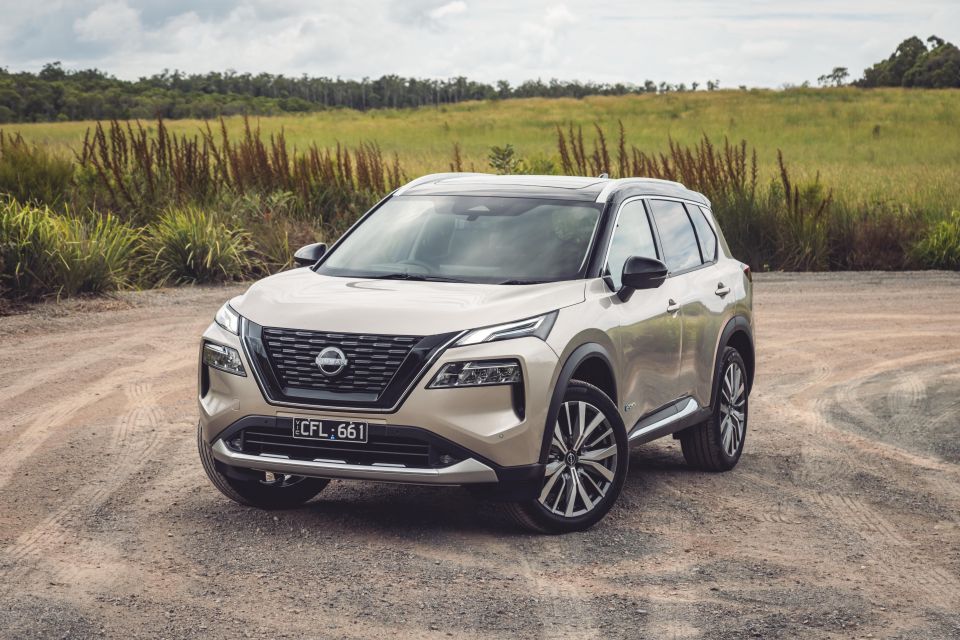
Nissan last month revised its Ambition 2030 long-term vision it first announced in November 2021, with more electrified vehicles planned.
The Japanese carmaker now plans to announce 27 new electrified models – comprising 19 new electric vehicles (EVs) and eight new hybrid models – across the Nissan and Infiniti brands by fiscal year 2030.
This is four more new EVs than the previous long-term roadmap.
As a result of these changes, the company plans to have an electrification mix of 55 per cent globally across the Nissan and Infiniti brands by 2030. This is up from the previously forecasted 50 per cent electrification mix.
Go deeper on the cars in our Showroom, compare your options, or see what a great deal looks like with help from our New Car Specialists.
William Stopford is an automotive journalist with a passion for mainstream cars, automotive history and overseas auto markets.


William Stopford
11 Minutes Ago
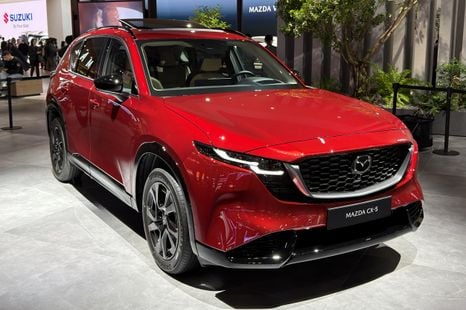

William Stopford
1 Hour Ago
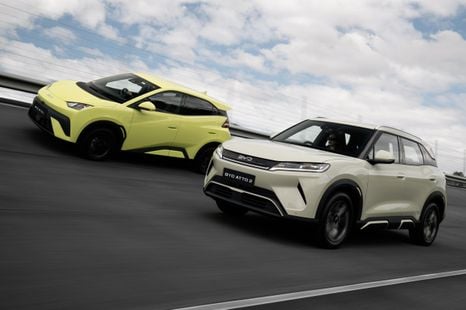

William Stopford
3 Hours Ago
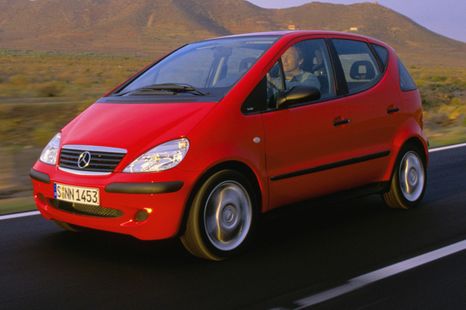

Derek Fung
6 Hours Ago
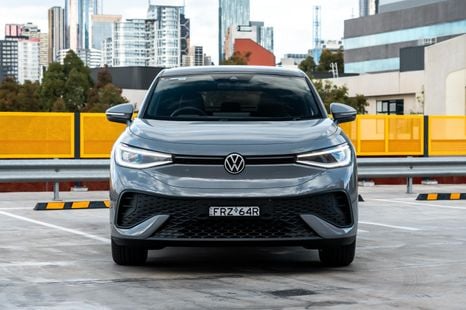

James Wong
12 Hours Ago


Damion Smy
17 Hours Ago
Add CarExpert as a Preferred Source on Google so your search results prioritise writing by actual experts, not AI.